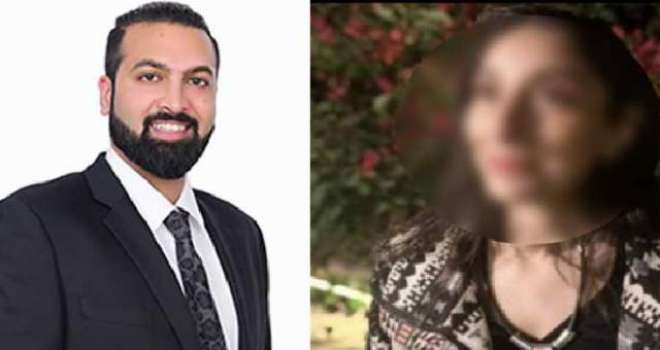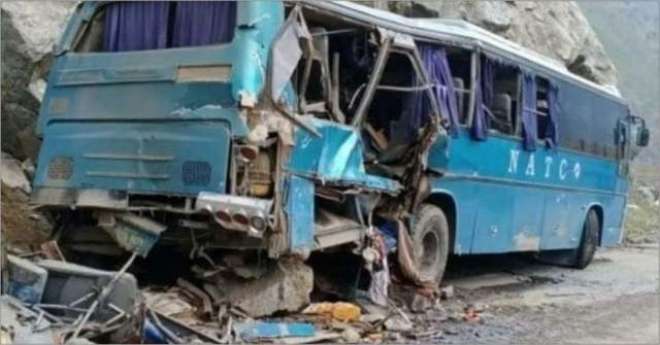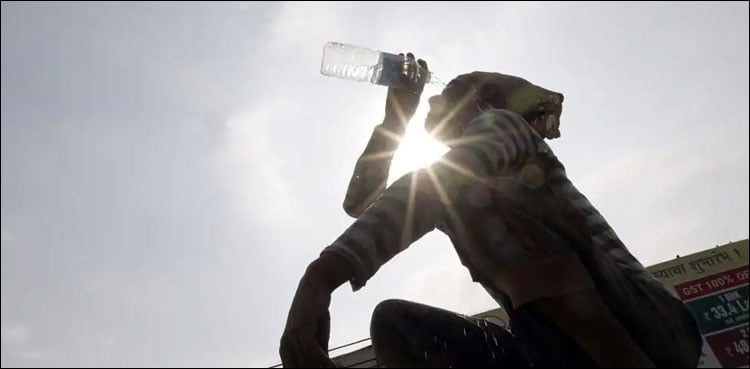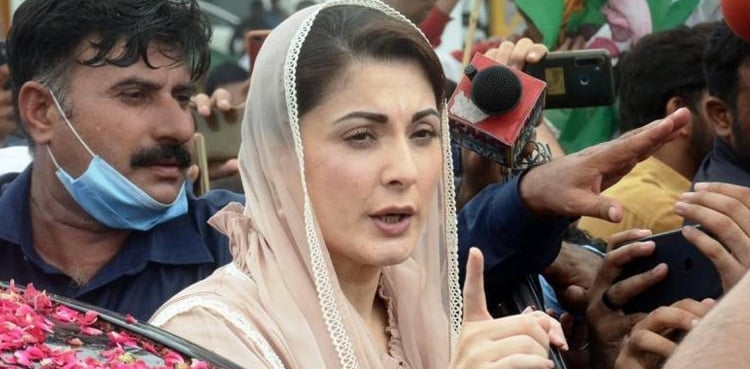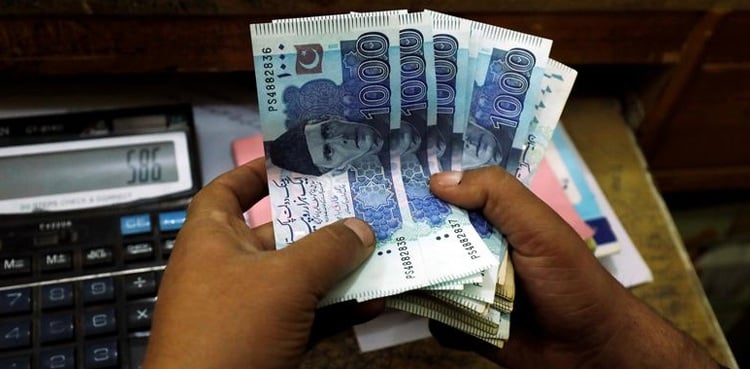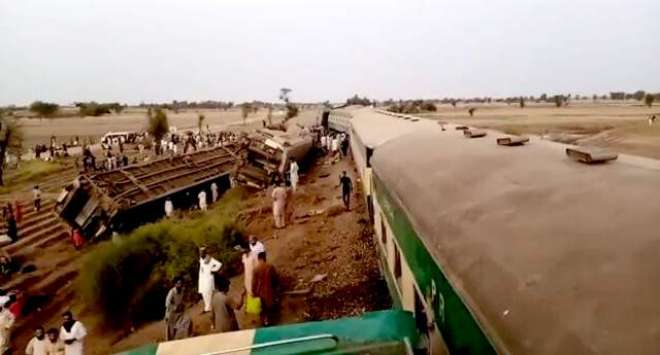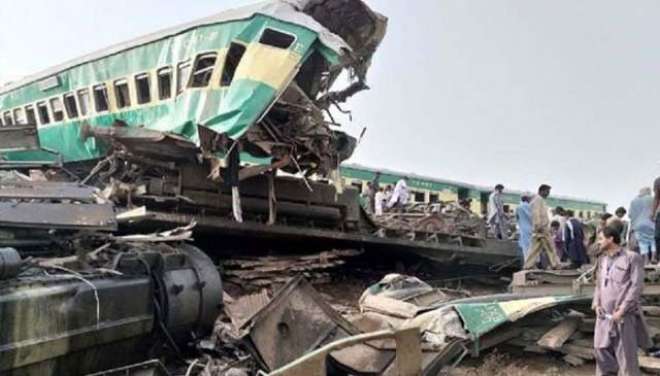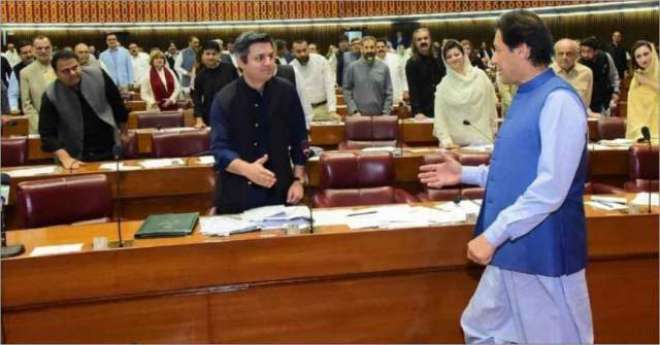Experts for dialogue & operation side by side with Taliban.
- October 8, 2013, 9:23 pm
- National News
- 149 Views
Islamabad; October 8 (Online): Speakers and experts, Tuesday, stressed on adaptation of policy of dialogue as well as operation with Taliban to normalize conditions in FATA and other restive areas.
They also highlighted the need of inclusion of local people in dialogue process by delegating powers to tackle with the issue of militancy through their traditional tribal customs.
Analysts while speaking at a Panel Discussion titled “Dialogue with the Taliban†expressed diversified opinion over the ongoing peace process initiated by the government with Taliban.
The panel discussion was chaired by Ambassador (R) Ayaz Wazir, and the panellists included Brig. (R) Mahmood Shah, Defence Analyst; Raza Rumi, Director Policy and Programmes, Jinnah Institute, Islamabad; Brig. (R) Said Nazir Mohamand Defence Analyst; and Babar Sattar, Lawyer/Columnist.
The discussion covered the various facets of the dialogue debate over the feasibility of negotiations with the Taliban, a debate that is relevant in the wake of the recent All Parties Conference (APC) resolution to initiate dialogue.
Najam Rafique, Director ISSI, in his welcome remarks said dialogue is not going to be an overnight process, and certain mechanisms and guiding principles would need to be put in place for a constructive dialogue with the Taliban.
Brig (R) Mahmood Shah reiterated negotiation as the optimal course and argued that both the federal and provincial governments must take steps to begin the process. However, he clarified that negotiation is a mechanism and not an end in itself. The end goal should be the dismantling of terrorist networks and their infrastructure in Pakistan.
Raza Rumi explored the constitutional illegality of the Taliban as a private militia operating within the territory of Pakistan and argued that their existence is organic and can be traced to the past and present policy choices made by the Pakistani state. He stated that the terms of the negotiations were not clear, nor the question of who to negotiate with, and that the Pakistani state would not be negotiating from a position of strength.
A proponent of negotiations to create a ‘fragile peace’, Brig (R) Said Nazir Mohmand offered an extensive analysis of the failure of previous peace deals with the Taliban and the problems created by Pakistan’s involvement in the War on Terror.
He maintained that this fragile peace could be converted into a permanent peace through reconciliation and rehabilitation, the latter of which would involve mainstreaming FATA through development and relief packages.
Outlining the legal attributes of state sovereignty, Babar Sattar highlighted that North Waziristan has become headquarter of TTP, where Pakistani state exercise no control. According to the article 256 of the Constitution of Pakistan, he said, no private organisation can form a militant group.
He pointed out that the state has failed to control the flow of men and material resources from FATA to the rest of Pakistan. While critically evaluating the dynamics of dialogue with Taliban, Sattar said that dialogue with the Taliban is doomed from the start.
The demands raised by the Taliban are unacceptable and out of question. Government can try to stop drones, but it cannot fully achieve success in that; releasing prisoners means that they are back in business; and there is no right interpretation of Sharia.
During the Q&A session, many questions were raised on support and sources of funding of the TTP, how to draw a line between extremism and terrorism, and how successful this dialogue would be.
Summing up discussion as the chair Ambassador (Retd) Wazir, said that the major factors which contribute to the problem of terrorism is our involvement in the war in Afghanistan and the administration of FATA.
He concluded that use of force cannot solve this problem and negotiations should be initiated by empowering the local people.

